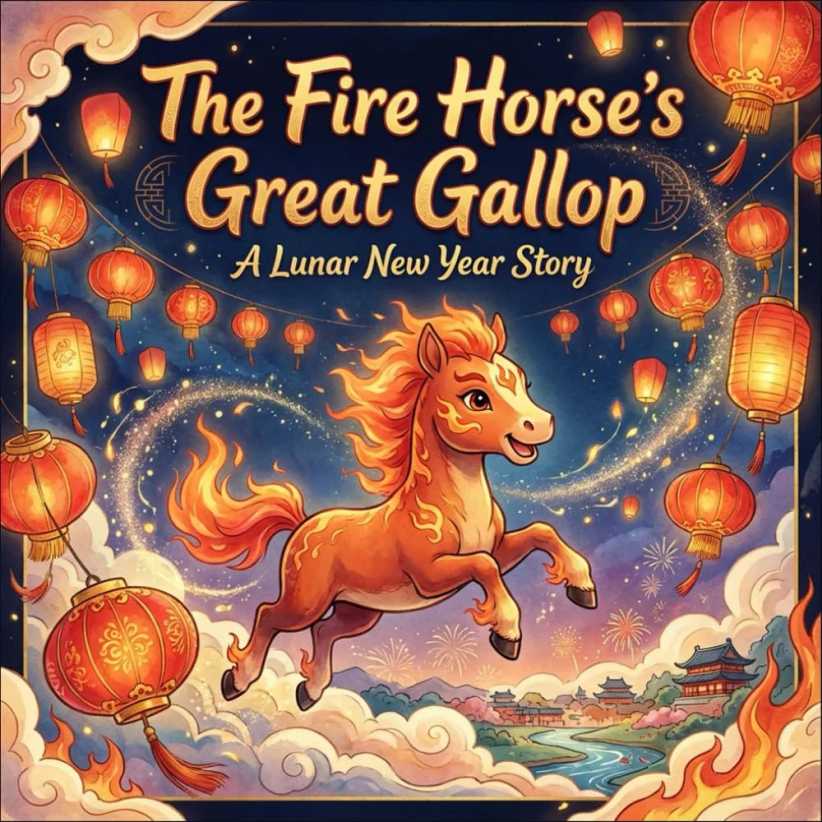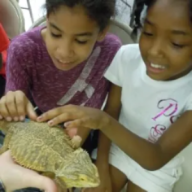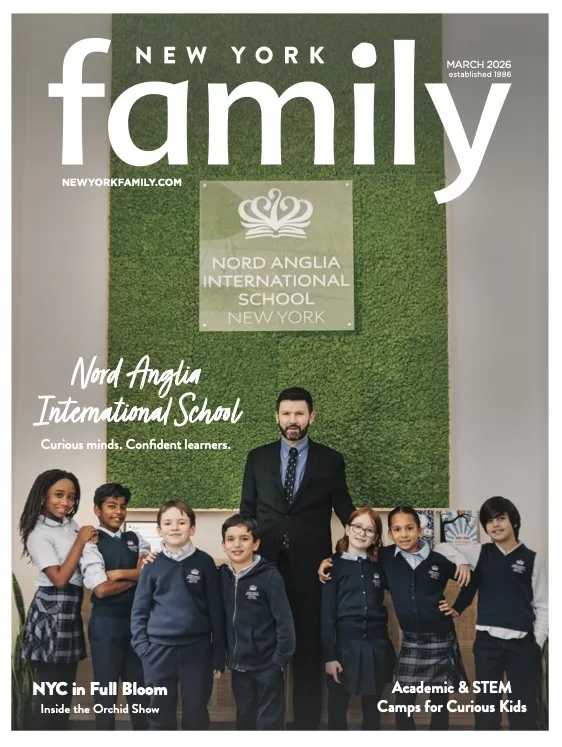 As soon as Lois Ross brought her newborn son, Jason, home from the hospital, she knew there was something not quite right with him. From the time he was just a few days old, Jason didn’t interact with the world around him the same way his older brother did. As Jason grew, so did Lois’s concern for her son’s mental and emotional health, and when Jason turned 2 she demanded his pediatrician evaluate him. The outcome was the first of many misdiagnoses her son would receive over the next 17 years – a list that came to include ADHD, OCD, Tourette Syndrome, speech delay, and even schizophrenia.
As soon as Lois Ross brought her newborn son, Jason, home from the hospital, she knew there was something not quite right with him. From the time he was just a few days old, Jason didn’t interact with the world around him the same way his older brother did. As Jason grew, so did Lois’s concern for her son’s mental and emotional health, and when Jason turned 2 she demanded his pediatrician evaluate him. The outcome was the first of many misdiagnoses her son would receive over the next 17 years – a list that came to include ADHD, OCD, Tourette Syndrome, speech delay, and even schizophrenia.
Knowing that her son did not fit into any of these categories, Lois continued to search for an answer to her son’s symptoms, the most debilitating of which, his complete lack of social skills, had become a daily source of emotional pain. Without the help of the internet, she scoured the library, made countless phone calls, and reached out to anyone she thought could help. “I was told by the owner of a nursery, ‘If you do not fight for your children, no one else will,'” Lois recalls. “As a parent, you are the key ingredient.”
Finally, in 1998, when he was 19 years old, Jason was diagnosed with Asperger’s Syndrome, a pervasive developmental disorder on the Autism spectrum that affects senses, motor skills, social skills, and language. It was the first time Lois had heard of the disorder, but she knew that it fit her son perfectly.
The now 30-year-old Jason and his family, residents of New City in Rockland County, NY, are participants in a new PBS documentary called “This Emotional Life,” due to air in January 2010. The documentary will explore “our ongoing and never-ending pursuit of happiness,” says the show’s host Daniel Gilbert, Harvard professor of psychology and author of Stumbling on Happiness. “Happiness is the thing that all human beings are looking for,” Gilbert says. “Each decision we make in our lives is based on what will make us happier.” The problem, Gilbert says, is that we have no “road map” to happiness, and most people are, for some reason, poor predictors of what will make them happy.
“It’s a topic so intuitive, yet so elusive,” says A. Kathryn Power, M.Ed., director of the Center for Mental Health Services at the Substance Abuse and Mental Health Services Administration. “No one ever gave us a class or taught us how to talk about our emotions, but we need to get America to the level where we can do that.” These are conversations we have not been having, Power says, and a lack of dialogue leads to a lack of awareness, which in turn leads to a lack of action. Therefore the purpose of the documentary, she says, is to open up the discussion about emotional health and the pursuit of happiness in our society.
The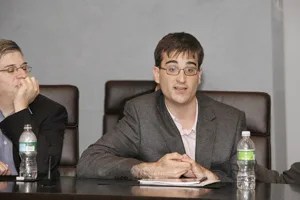 three-part documentary will focus on three basic ideas: first, that you can’t be happy alone; second, that you can’t be happy all the time; and third, that you can be happier than you are.
three-part documentary will focus on three basic ideas: first, that you can’t be happy alone; second, that you can’t be happy all the time; and third, that you can be happier than you are.
All three parts delve into the most current scientific research on happiness and incorporate the thoughts and experiences of celebrities like Katie Couric, Richard Gere, and Chevy Chase, as well as the compelling stories of ordinary people, like the Ross family.
The first pillar of the documentary, that you can’t be happy alone, hits home with Jason Ross. “As scientists now know,” Gilbert says, “social relationships, more than any other factor, are the key to human happiness.” Due to his condition, Jason is unable to read emotions in others, and has had to struggle throughout his life to recognize the social cues that most of us know inherently, and take for granted. During his childhood, Lois worked with Jason constantly, enrolling him in playgroups and school organizations and role playing with him to teach him basic social interactions. Still, it was nearly impossible for Jason to establish any friendships – outside of his family – for most of his life.
Weaving together science and human experience, the series takes an in-depth look at how Jason and others – some of whom are struggling with depression, Post Traumatic Stress Disorder, and other afflictions – have pursued a productive life, and happiness, despite the obstacles they’ve encountered along the way. In the end, they each serve as a testament to the documentary’s third pillar, that you can be happier than you are.
“Finding a consensual definition of happiness is not easy, but people can tell you how happy they are, whatever that means to them,” Gilbert says. “We all use the word happiness, but people define it within themselves.”
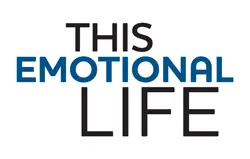
“This Emotional Life” will air as a three-part series on PBS Jan. 4-6, 2010, at 9pm. Visit the show’s Web site, www.pbs.org/thisemotionallife, for more information along with blogs, discussions, and insight from the experts.
Click here for a video preview of the documentary.
Click here to read about PBS’ Early Childhood Attachment Toolkit Campaign, which will debut in conjunction with “This Emotional Life,” and for 10 easy tips on how to connect with your baby.




